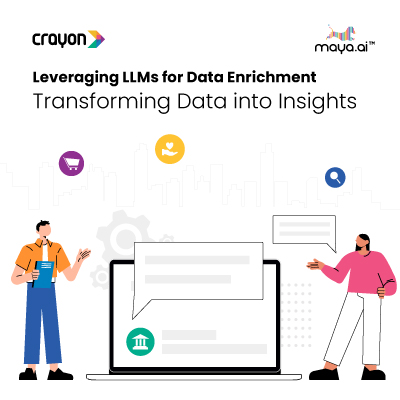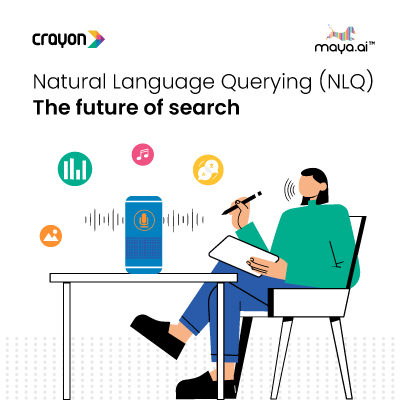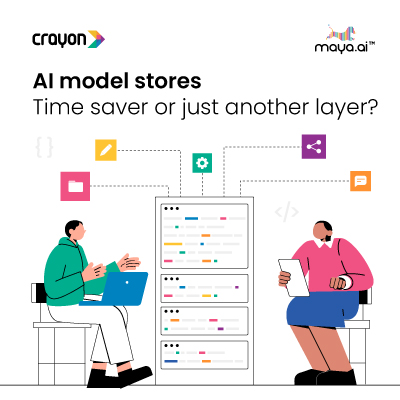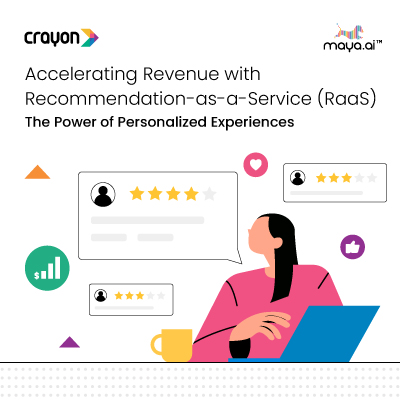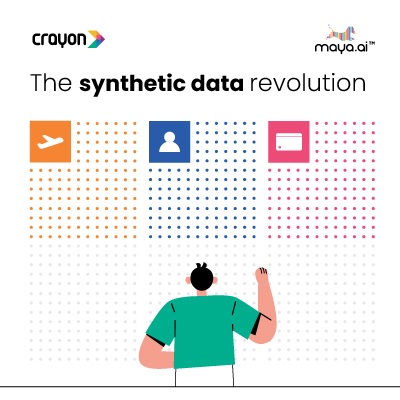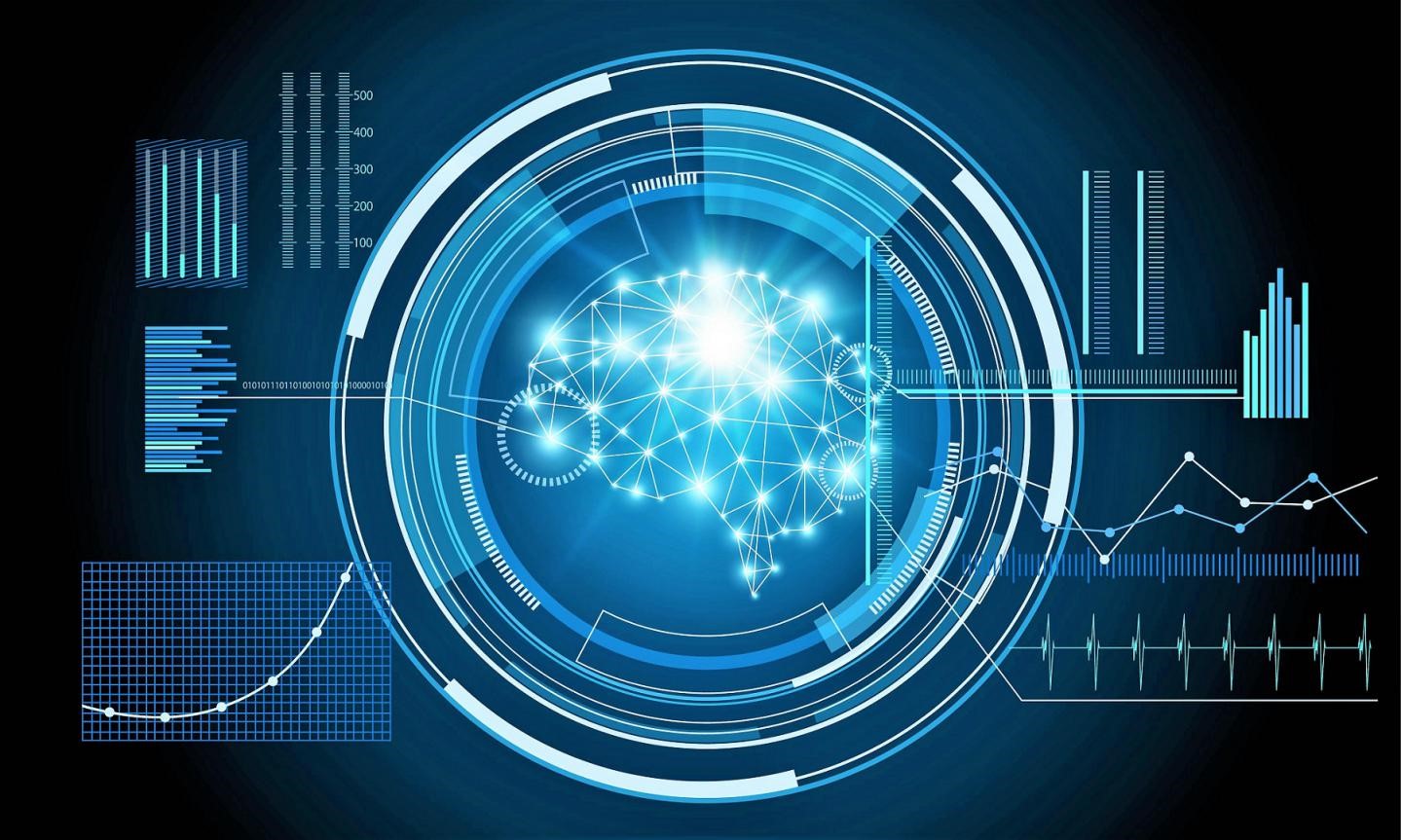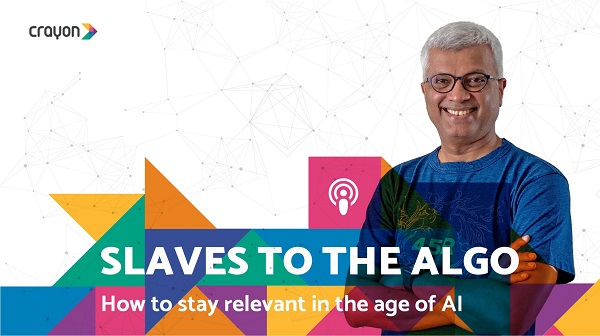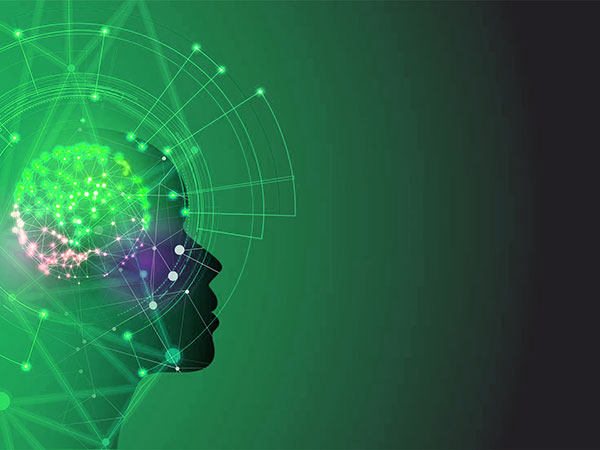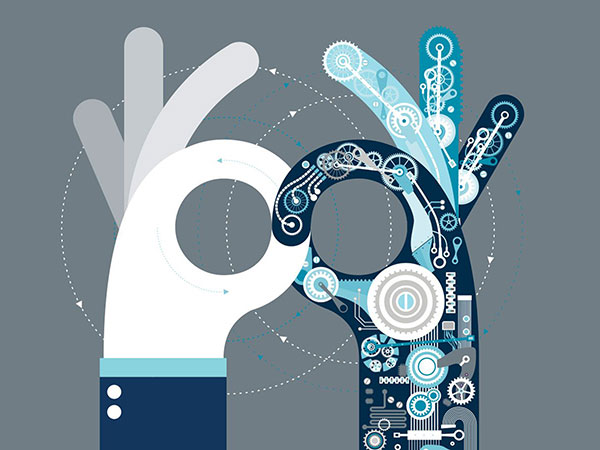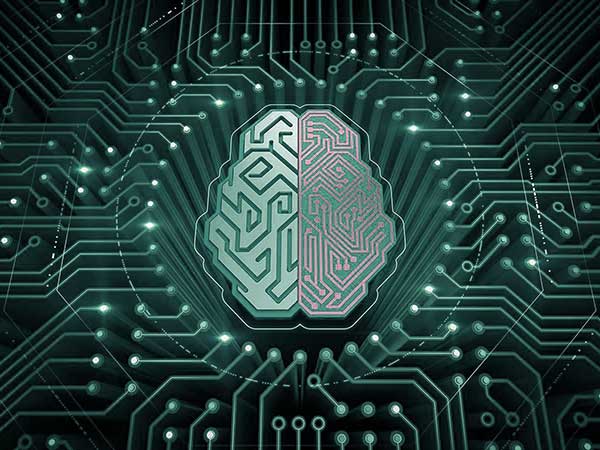Artificial intelligence is making huge strides across various sectors. It has become a ubiquitous technology, prevalent in many business-critical processes, from gathering and organizing information to creating and executing schedules to automatically making crucial decisions with little to zero human interference. Artificial intelligence software spending is on the rise. A 2019 report by Tractica sees the artificial intelligence software market to increase from $9.8 billion in 2018 to a very impressive $118.6 billion by 2025.
Nine out of 10 business organizations have made some sort of investment in artificial intelligence. Provided the numerous successful artificial intelligence software projects in the past years, it’s not surprising why many are taking a leap of faith in AI. No longer are companies and organizations asking what AI can do for them. Rather, the question has shifted to “What challenges are there in deploying and scaling artificial intelligence?”
But the best question you should ask yourself is “Why you need artificial intelligence software in your company?” The following answers might just convince you.

1. Hire the Right People
Conventional recruitment methods tend to be tedious, exhaustive, boring, and costly. Sending recruitment managers and teams to different places to attract, interview, and determine the right people to join your organization take so much valuable time and resources. Some companies even get the best HR technology to enhance their recruitment efforts. Even that doesn’t guarantee you hire people who’ll become assets to your organization.
But with the best artificial intelligence software, your recruitment process becomes smarter, more efficient, and more streamlined. AI can go through hundreds, if not thousands, of candidate profiles and resumes, scanning and parsing them in minutes and determine the most qualified individuals based on the qualifications and other parameters you set (age, academic background, professional experience, location, skillset).
You can also use AI to gather more information about your candidates from non-traditional sources such as social media channels, news websites, school websites, community boards, and more. Intelligent chatbots can be deployed to answer queries they may, provide them feedback, and set schedules for interviews. In many instances, AI systems can conduct interviews, analyze all the details, and submit recommendations with minimal human supervision.
2. Improve Marketing Strategies
Most AI software examples for business use include robots performing either the most basic tasks or the most hazardous assignments in a factory setting. But while such imagery persists, many businesses are using artificial intelligence to power up their marketing efforts and help yield the desired, if not better results. How so?
For one, artificial intelligence enables marketers to take mountains of data from multiple sources such as the web, emails, CRMs, social media, news, and business reports. AI then crunches all the information and derives high-quality, actionable insights in a significantly shorter amount of time and further improve the performance of their marketing campaigns. Enhanced campaign efforts mean better results. Better results equate to a bigger and faster return on investment (ROI). Since AI takes care of the data analysis and crunching, marketers have more time to address other equally critical priorities.
Two, today’s customers are looking for a more personalized experience from companies. Salesforce surveyed more than 6,700 consumers from all over the globe and 76% said they expect companies to know and comprehend their wants and needs. AI provides marketers a deeper look into their consumers. By gathering all the available data from different sources, AI can create profiles per customer, identify products and services relevant to them, as well as communication channels they prefer. This also leads to better segmentation, effective ad and content targeting, and highly personalized messaging, all resulting in a better experience to their customers.

3. Increase Visitor Engagement
You can’t discuss artificial intelligence without touching ground on chatbots. These two are intertwined, especially in a business setting. Chatbots were initially designed to gather information from website visitors as well as provide answers to basic queries.
Older versions of chatbots were designed to follow a script and were not able to process contextual meanings. This led to confusion and frustration of visitors especially if they seek customer support and have queries that require a higher level of expertise and intelligence.
But as AI technology evolved and machine learning (ML) and natural language processing (NLP) entered the picture, chatbots have become more intelligent and extremely sophisticated, capable of engaging visitors in humanlike conversations anytime. People tend to respond better if they feel like they are engaged by an actual human being. Modern chatbots are able to do just that.
From answering basic questions to providing detailed instructions and resolutions to more complicated queries, AI-powered chatbots have helped increase visitor engagement but also found success in other business areas such as marketing, upselling, and cross-selling.
4. Generate the Right Content
Whether you’re running an online store or a news website, you want visitors to come to your website and quickly find content that is relevant to them. If they have to fumble their way through pages and subpages, you’ll probably lose them before they even find what they are looking for.
Experts say you only have 15 seconds to entice your visitors and spark their interest with your content before they leave your website. If they don’t find any significant or relevant content within that time frame, they’ll most likely ditch your website and seek it elsewhere.
The good news is that artificial intelligence can be used to determine and display content that is targeted and specific to a visitor based on his history, location, as well as language preferences and existing cultural conditions. That means whenever a visitor comes to your website, AI will show content the visitor finds interesting and significant. On top of that, AI can be trained to deliver specific content at the right time so it makes an impact.
Generating the right website content also enhances content marketing performance. This empowers visitors to dwell longer in your website, check out what you have to offer, and make the purchase, thus improving your ROI in the process.
5. Reduce Human Error
AI technology isn’t exactly error-free. It can make mistakes. Most artificial intelligence software examples, if not all, never go for 100%. Whether it’s making a revenue forecast or predicting the amount of traffic coming to a website, AI systems always leave room for error.
That said, AI-powered systems make decisions, forecasts, and models based on the available data. That is its greatest advantage. People often include bias, emotions, and opinions during the decision-making process. While the intention may be good, bias, emotions and opinions cloud better judgment.
The best mind mapping software solutions help you formulate plans and strategize your business moves. But AI helps you fine tune your strategies and discover opportunities that you will never see even when your mind is on overdrive.
There is no version of AI that is entirely precise. But humans can never be as accurate as AI in most aspects, especially in business processes.
Will artificial intelligence software replace humans?
It is a difficult question to answer. A 2019 article by Forbes predict a gradual displacement of human workers beginning with 3% during the first phase of automation. AI systems will replace 30% of human workers by mid 2030s.
Opposing the idea of AI dystopia is Pedro Uria-Recio, a towering figure in artificial intelligence, data analytics and digital marketing. In his 2019 article on artificial intelligence, Uria-Recio tackled the AI displacement subject head on, arguing AI is designed to automate specific skills, not the job itself.
That said, he mentioned that specific professions will become obsolete while other occupations will undergo massive changes as artificial intelligence becomes more prevalent in the workplace.
Whether he is contradicting himself or not is another separate issue. The truth here is that workers need to adapt as AI’s impact becomes larger and larger. There is a need to move from occupations in danger of becoming archaic to professions will grow due to AI or new professions that will stem from such technological evolution.

